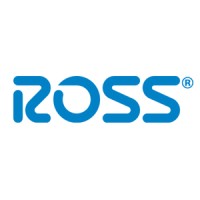
Ross Stores, Inc.
For the last 40+ years, Ross Stores, Inc. has grown from a six-store chain into an $21.1 billion, Fortune 500 Company. We operate our off-price businesses in a way that keeps costs low so we can pass the savings to our customers. We continue to open new stores and our sales growth has outpaced traditional retailers for the past three years. Ross Dress for Less® has 1,847 stores in 44 states, the District of Columbia and Guam. dd’s DISCOUNTS® has 358 stores in 22 states. Please join our Talent Community to receive the latest updates for your areas of interest, career news, and exciting opportunities at Ross Stores: https://ross.avature.net/talentcommunity Additional information is available at: www.rossstores.com www.ddsdiscounts.com






